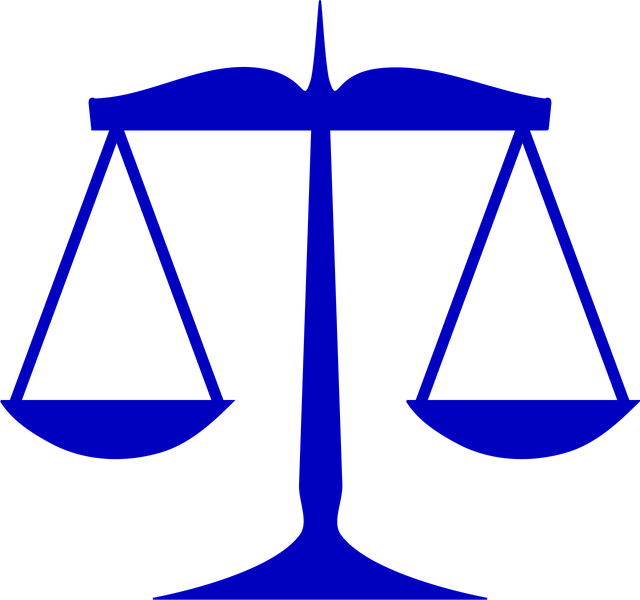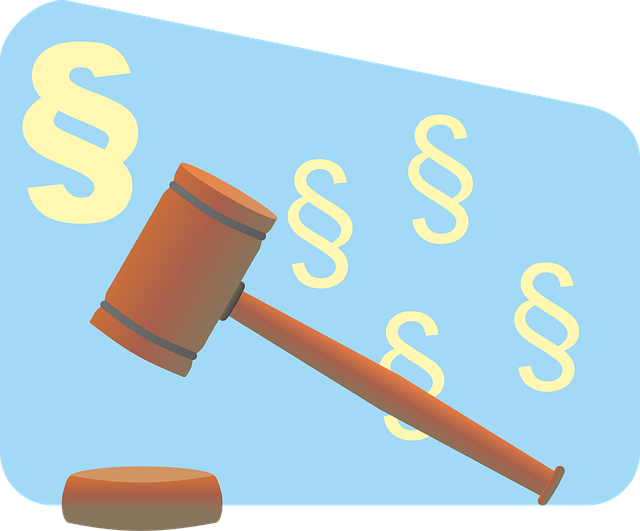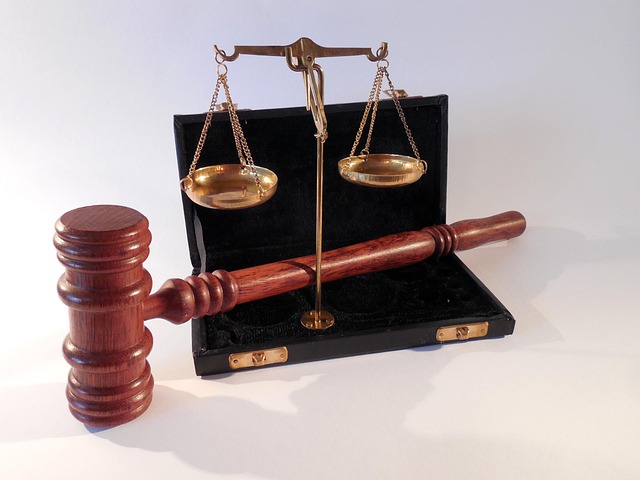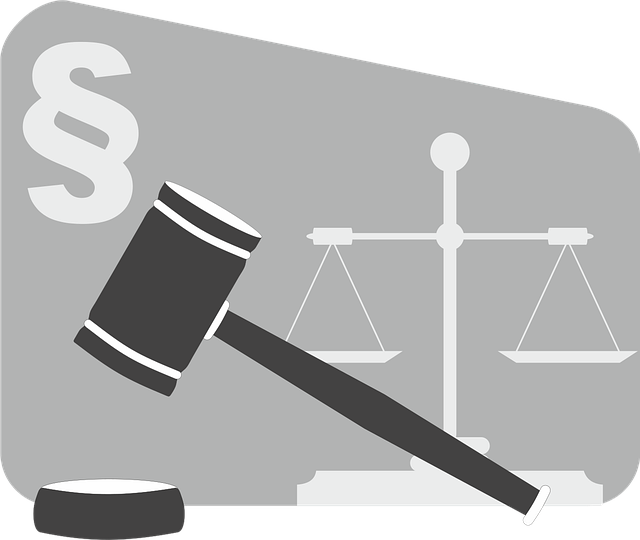Antitrust laws are crucial for maintaining fair competition in the tech industry. Tech companies face complex challenges, including data sharing, mergers, and acquisitions, requiring sophisticated legal approaches to balance growth and compliance while protecting user data. High-profile cases have led to significant changes, and ongoing adaptation of legal frameworks is essential. Litigants employ strategies like challenging allegations with evidence, aggressive defense, distinguishing individual liability, meticulous record-keeping, and open communication to navigate antitrust violations effectively. Tech giants must understand accusations, review policies, engage regulators, and implement robust white-collar defenses to protect themselves and their stakeholders in a highly regulated digital environment.
In recent years, antitrust violation cases targeting tech giants have brought global attention to the intricate dynamics between competition and innovation. This article explores the intersection of antitrust laws and their profound impact on the tech industry. We delve into common strategies employed in antitrust litigation involving tech companies, while navigating the legal remedies available to both accused firms and regulators. Understanding these aspects is crucial for fostering a competitive yet ethical technological landscape.
- Understanding Antitrust Laws and Their Impact on Tech
- Common Strategies in Antitrust Violation Cases
- Navigating Legal Remedies for Tech Companies Accused of Misconduct
Understanding Antitrust Laws and Their Impact on Tech

Antitrust laws are designed to promote fair competition and protect consumers from anti-competitive practices. In the tech industry, where innovation moves at lightning speed and companies can amass significant market power, understanding these laws is crucial. Antitrust litigation strategies for tech companies often focus on mitigating risks associated with data sharing, mergers, and acquisitions. Given the complex nature of technology and its pervasive impact on our daily lives, antitrust regulators are increasingly scrutinizing how tech giants use their vast resources and data to maintain dominance in the market.
Tech companies face unique challenges when navigating antitrust laws, especially as they interact with the philanthropic and political communities. Balancing growth, innovation, and compliance requires sophisticated legal strategies that address not just corporate clients but also individual users whose data may be at stake. In some cases, high-profile jury trials have brought to light anti-competitive behaviors, leading to significant settlements and changes in industry practices. As technology continues to evolve, so too will the legal frameworks governing it, reflecting a delicate dance between fostering competition and protecting consumers.
Common Strategies in Antitrust Violation Cases

In antitrust violation cases, particularly for tech companies, effective litigation strategies are crucial to navigating complex legal landscapes. One common approach is to challenge the validity of allegations by presenting robust evidence that disproves the existence of anti-competitive practices. This involves thorough documentation and expert analysis to demonstrate that any perceived misconduct was merely a result of market dynamics or legitimate business decisions. Additionally, tech firms often leverage their substantial resources for aggressive legal defense, employing high-profile lawyers to construct intricate legal arguments aimed at securing a complete dismissal of all charges.
Another strategy is to focus on distinguishing corporate and individual clients. By highlighting the unique roles and responsibilities of each, defendants can argue that personal liability should not extend to executives or employees. This approach, however, requires meticulous record-keeping and clear communication of decision-making processes to avoid indictment for conspiracy or collusion. Effective use of these strategies can lead to successful outcomes, including the complete dismissal of all charges, ensuring the integrity of the company and protecting its reputation in a highly regulated industry.
Navigating Legal Remedies for Tech Companies Accused of Misconduct

When tech giants face allegations of antitrust violations, they navigate a complex legal landscape. Antitrust litigation strategies for tech companies often involve a blend of defensive and proactive measures. The first step is to thoroughly understand the accusations, gathering evidence to demonstrate compliance with competition laws. This process involves a meticulous review of company policies and practices to ensure they adhere to regulatory standards. Engaging in open communication with regulators can also help clarify any misunderstandings early on, potentially averting legal disputes.
A robust white collar defense strategy is crucial for tech firms, as these cases often attract significant public scrutiny. Protecting both the corporation and its individual stakeholders—a key aspect of white-collar and economic crimes defense—is essential. Skilled attorneys can help craft arguments that challenge the validity of allegations, highlighting the positive impacts of industry innovations on consumers. By employing strategic legal remedies, tech companies can mitigate potential penalties and maintain their competitive edge in a rapidly evolving digital landscape.
Antitrust violation cases in the tech sector require a deep understanding of both industry-specific practices and legal remedies. By analyzing common strategies employed in such cases, tech companies can better navigate these challenges. Understanding the impact of antitrust laws on their operations is crucial, as it enables them to avoid misconduct that could lead to significant legal repercussions. Implementing proactive measures and adopting transparent business practices are essential game changers in mitigating potential antitrust litigation strategies for tech companies.






